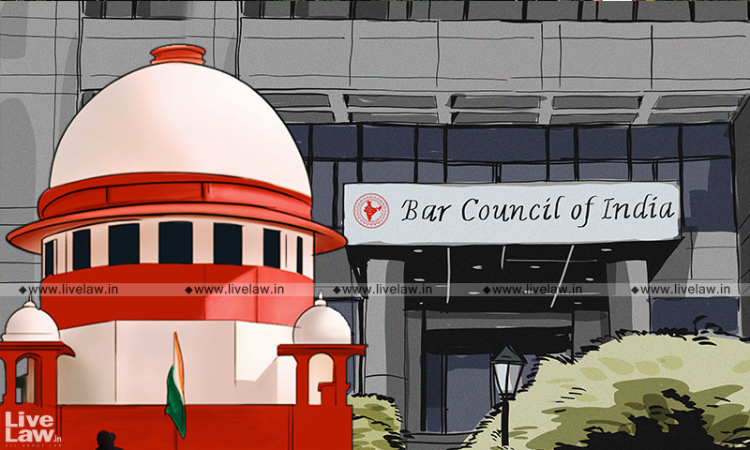BCI Examining Proposal That Senior Advocates Should Compulsorily Induct 5 Newly Enrolled Advocates
Sohini Chowdhury
15 April 2022 5:38 PM IST

Next Story
15 April 2022 5:38 PM IST
On the recommendation of the Supreme Court to revisit the present mechanism of induction into the legal profession, to improve the quality of professionals joining the Bar, the Bar Council of India ("BCI") had submitted an affidavit indicating the changes it seeks to implement to achieve the same. On 15.03.2022, a Bench comprising Justices Sanjay Kishan Kaul and M.M. Sundresh had...
